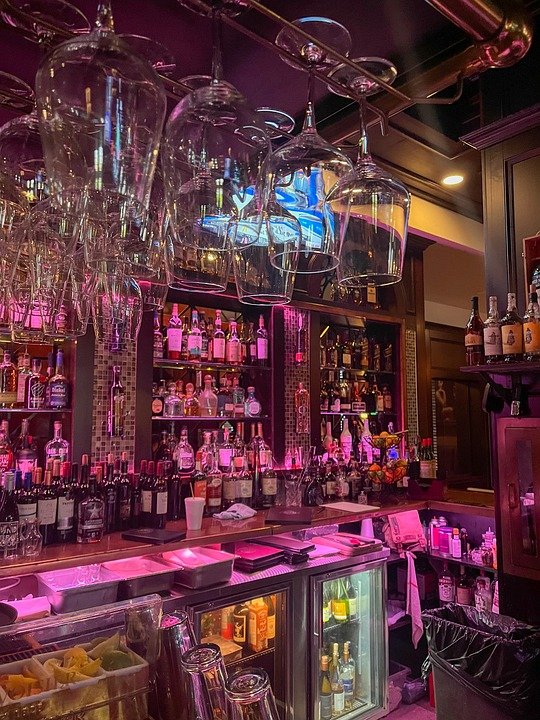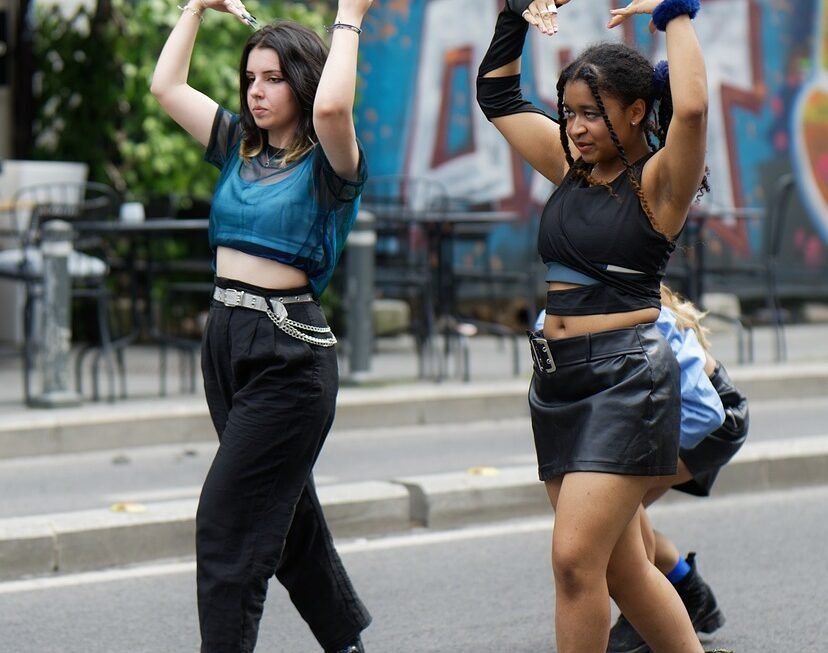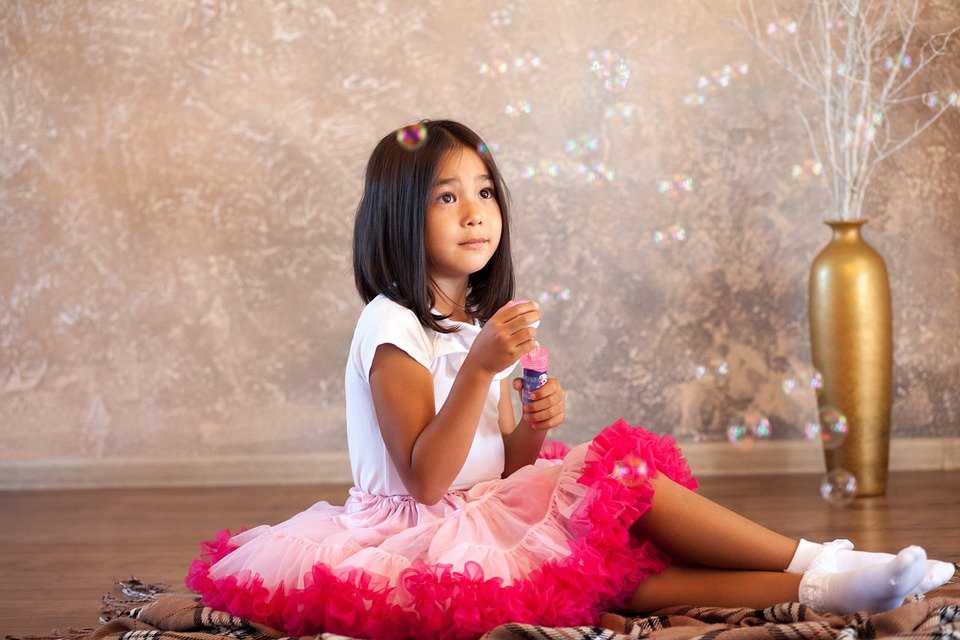In today’s modern society, it is becoming increasingly evident that there is a strong intersection between pop culture and politics. With the rise of social media and the 24-hour news cycle, celebrities and influencers have more power and influence than ever before. This influence, coupled with the polarizing political climate in many countries, has resulted in a blurred line between entertainment and politics.
One of the most notable examples of this intersection is the 2016 United States presidential election, which saw the rise of celebrity-turned-politician Donald Trump. Trump’s background as a reality TV star and businessman made him a polarizing figure in the political arena, but also garnered him a significant following among voters who were attracted to his populist rhetoric and outsider status.
Similarly, celebrities such as Kim Kardashian and Kanye West have also used their platforms to weigh in on political issues, further blurring the lines between entertainment and politics. Kardashian has successfully lobbied for criminal justice reform, while West has expressed his support for controversial political figures such as Trump.
In addition to individual celebrities, pop culture as a whole has also played a significant role in shaping political discourse. TV shows like “Veep” and “House of Cards” have provided a fictionalized glimpse into the inner workings of politics, while movies like “The Hunger Games” and “The Purge” have tapped into societal fears and anxieties about power and corruption.
Social media has also played a crucial role in the intersection of pop culture and politics. Platforms like Twitter and Instagram have given celebrities and influencers a direct line to their fans, allowing them to share their political views and activism in real-time. This has created a new form of celebrity activism, where stars use their influence to raise awareness and advocate for social change.
However, while the intersection of pop culture and politics can be a powerful tool for raising awareness and sparking conversation, it can also be a double-edged sword. The entertainment industry is often criticized for promoting a superficial and celebrity-driven culture, where political issues are reduced to soundbites and sensationalized headlines.
Furthermore, the polarization of political beliefs in modern society has made it increasingly difficult for celebrities and influencers to speak out without facing backlash or criticism. The cancel culture phenomenon has led to public shaming and boycotts of celebrities who express unpopular opinions, further complicating the intersection of pop culture and politics.
In conclusion, the intersection of pop culture and politics in modern society is a complex and multifaceted phenomenon. While celebrities and influencers have the power to shape public opinion and advocate for social change, they must also navigate the pitfalls of a politically charged and divided society. As we continue to grapple with the blurred lines between entertainment and politics, it is important to engage critically with the information and messaging that is presented to us, and to consider the broader implications of the influence that pop culture has on our political discourse.




